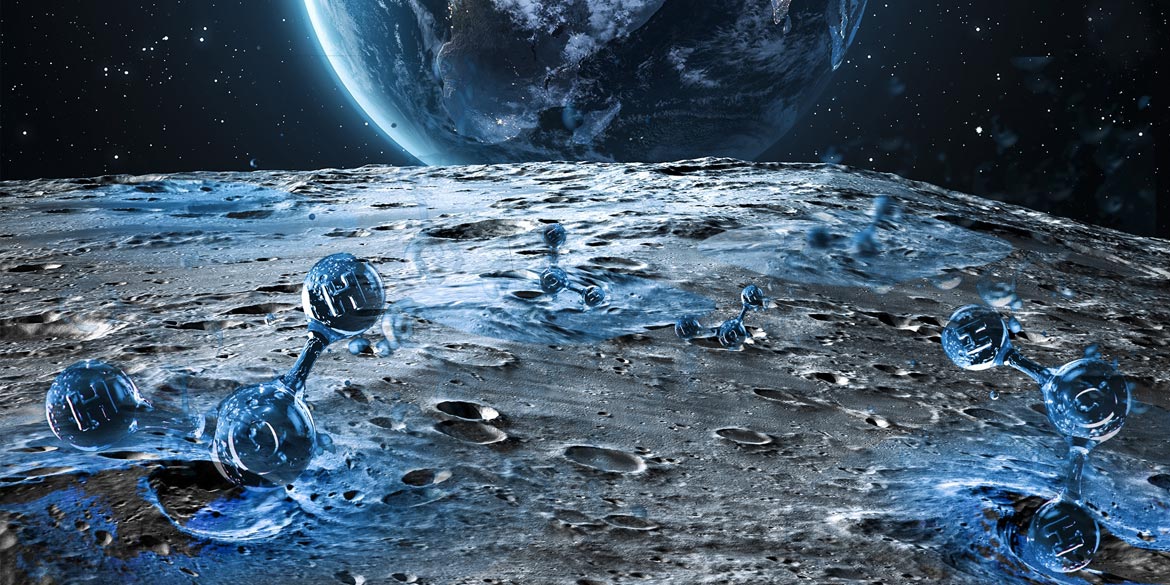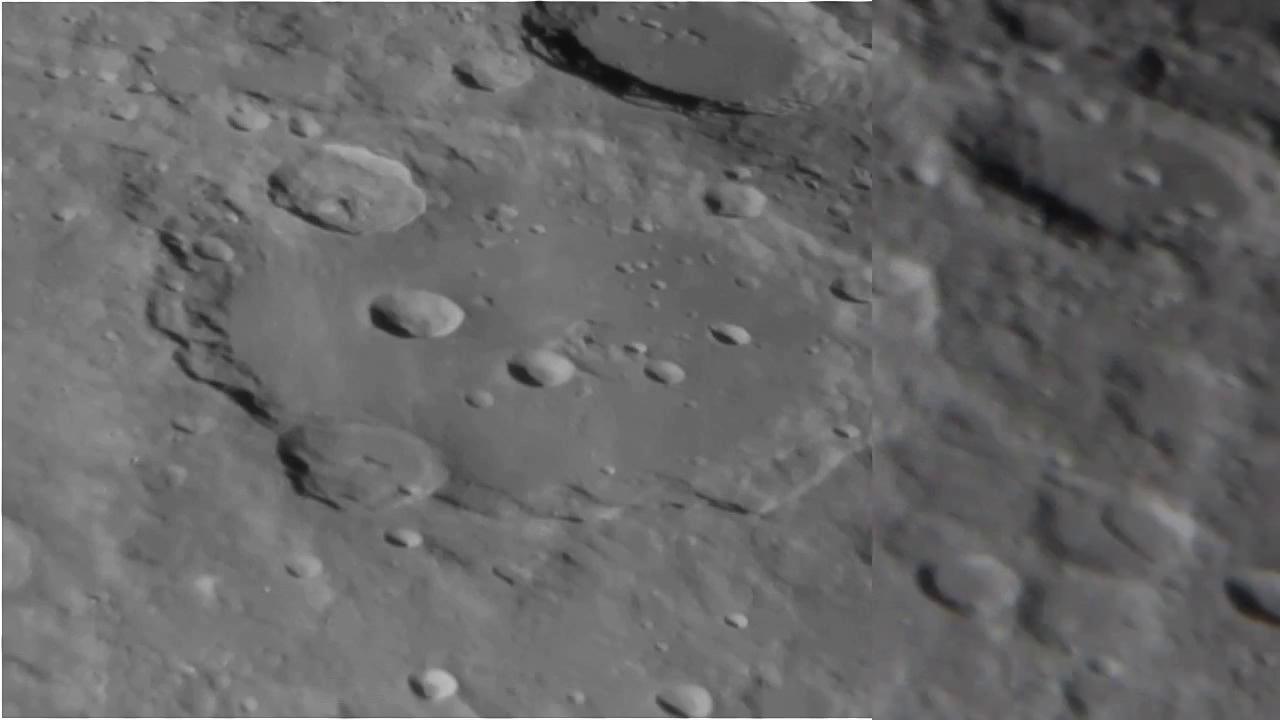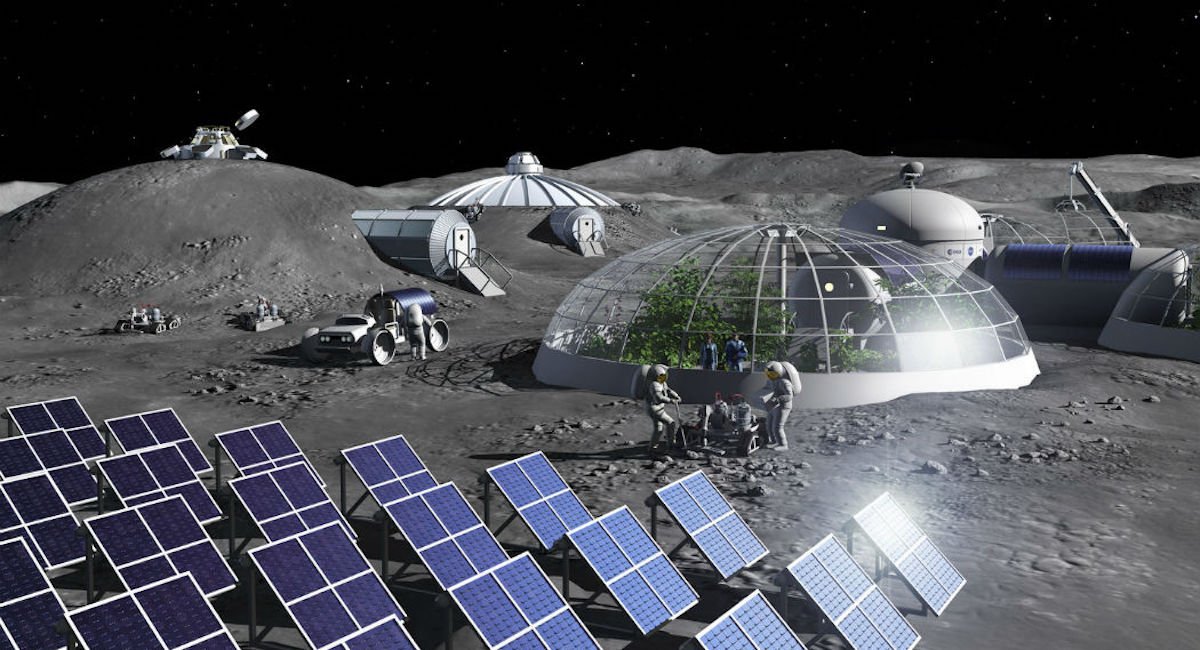© 2000-2025 - Enkey Magazine - All rights reserved
ENKEY SNC - VAT ID IT03202450924 / REA Code CA253701 - Phone. 078162719
The water is everything for the life forms as we know them. It is everything for the human beings. It is essential to survive on the Earth. It is essential to create lunar or martian stable station. The water is life! Here you have the announcement that all of us was waiting for: there is water on the Moon! To confirme it there were two studies published on the magazine Nature, by the Nasa and by the University of Colorado. There is the water there and it is much more accessible that what we thought at the beginning.
What we previously knew
The research of the water on our natural satellite is something that, in reality, was ongoing for a while. Many thesis already hypothised that there was the water on the Moon. But they were only hypothesis. Nothing like they just discovered.
During all the decades of observations of our satellite many scenarios about the presence of water were thought. Previously a research releaved that on the South Pole there was the water. But it wasn’t really confirmed. Because from that research they weren’t able to understand if what was releaved was the water molecula (H2O) or the hydrosyl one (OH).
The studiers were sure that there was water on the satellite, but no one could think that it was such plenty!
Sofia finds the water on the Moon
No telescope was able to find the most precious thing for the human life: the water. No one before Sofia, the telescope fitted on a Boeing 747. The telescope analysed the Moon to a wavelenght of 6 micrometers. Doing that the water couldn’t be mistaken with anything else.

And, infact, there you have, the such hoped discovery: there is water on the Moon!
“Seeing the spectral mark of the water molecula is a huge step forward, because it allows us to finally solve a question opened for years”, says the president of the IRSPS (International Research School for the Planetary Sciences.
The confirme of the NASA
The NASA confirmed the presence of the water on our natural satellite, and it did it during an event in global live streaming. But in reality the announce was previosuly twitted by Jim Bridenstine, NASA administrator:
“We confirmed for the first time the water on the Moon surface lighted by the Sun by using the Sofia Telescope. We don’t know yet if we can use it as a resource, but know to have the water on the Moon is the key for our exploration plans for the missions Artemis”.
What did we discover
The water was found next to the South Pole, inside the Clavius crater, as well as it was previously hypothised. The most astonishing thing is the quantity of water on the moon, about 100-400 parts per million.

The Moon isn’t dry as we imagined, but wet and full of water well beyond expectations.
According to the University of Colorado, even, besides 40.000 square kilometers of lunar surface might hide the water, trapped into small holes. If that’s true there won’t be any problem for a future moon station. There will be enough potable water for a stable colony, to growth and for all the activities.
The water on the Moon is massive
Right the study of the University of Colorado suggests that the water on the Moon might be a lot, much more of all the predictions. Billions of microcrystals that can hide ice of water.

“If we were standing on the Moon next to one of the Poles, we might see a galaxy of small shadows pointing the surface. Each one of these small shadows (most of them smaller than a coin) should be very cold, and most of them enough cold to keep the ice.
This suggests that the water should be very common on the Moon much more of what we previously thought”, explains Paul Hayne, of the department of Astrophysics of the University of Colorado.
The amazing discovery, that for many only was a confirme of what we thought for a while, might bring interesting implications not only for the future space missions. It can even solve many doubts about the formation of the Moon itself, about the hypothesis that the water is carried by the meteors, until to arrive to satellites and planets, between which even on the Earth.
This post is also available in:
 Italiano
Italiano


